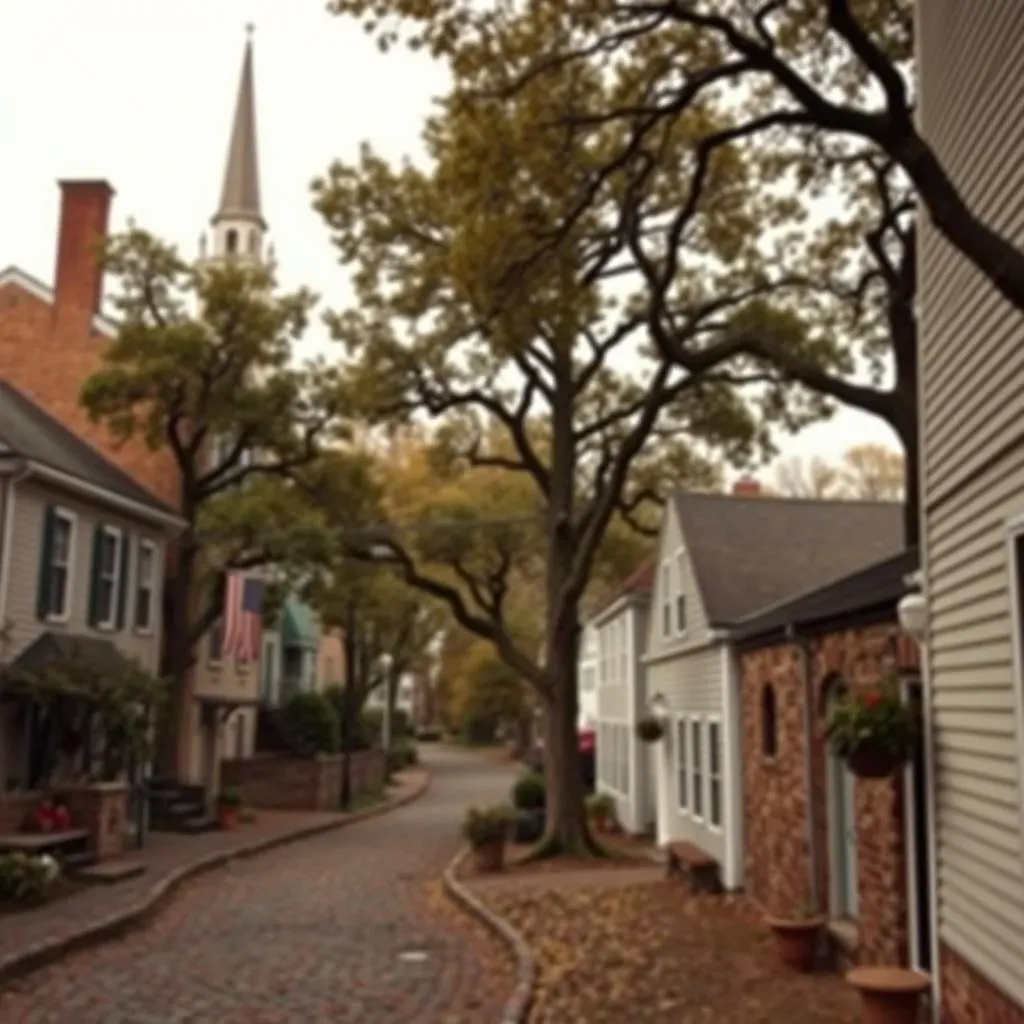Table of Contents
Massachusetts is a state steeped in history, from the Pilgrims who sailed on the Mayflower to the present day. Exploring colonial history in Massachusetts offers a unique opportunity to delve into the past and uncover the stories that shaped the state and the country. In this article, we'll guide you through the key historical sites, cultural heritage, and fascinating stories that make Massachusetts a must-visit destination for history enthusiasts. Whether you're a native Bay Stater or just visiting, this guide will help you navigate the rich history of the state and discover the hidden gems that make it so special. From the iconic Freedom Trail to the lesser-known historical sites, we'll cover it all. We'll also explore the legacy of the Pilgrims and the Mayflower, and how their journey shaped the state's history. So, join us as we embark on a journey through time and uncover the secrets of Massachusetts' fascinating colonial past.
Understanding the History of Massachusetts
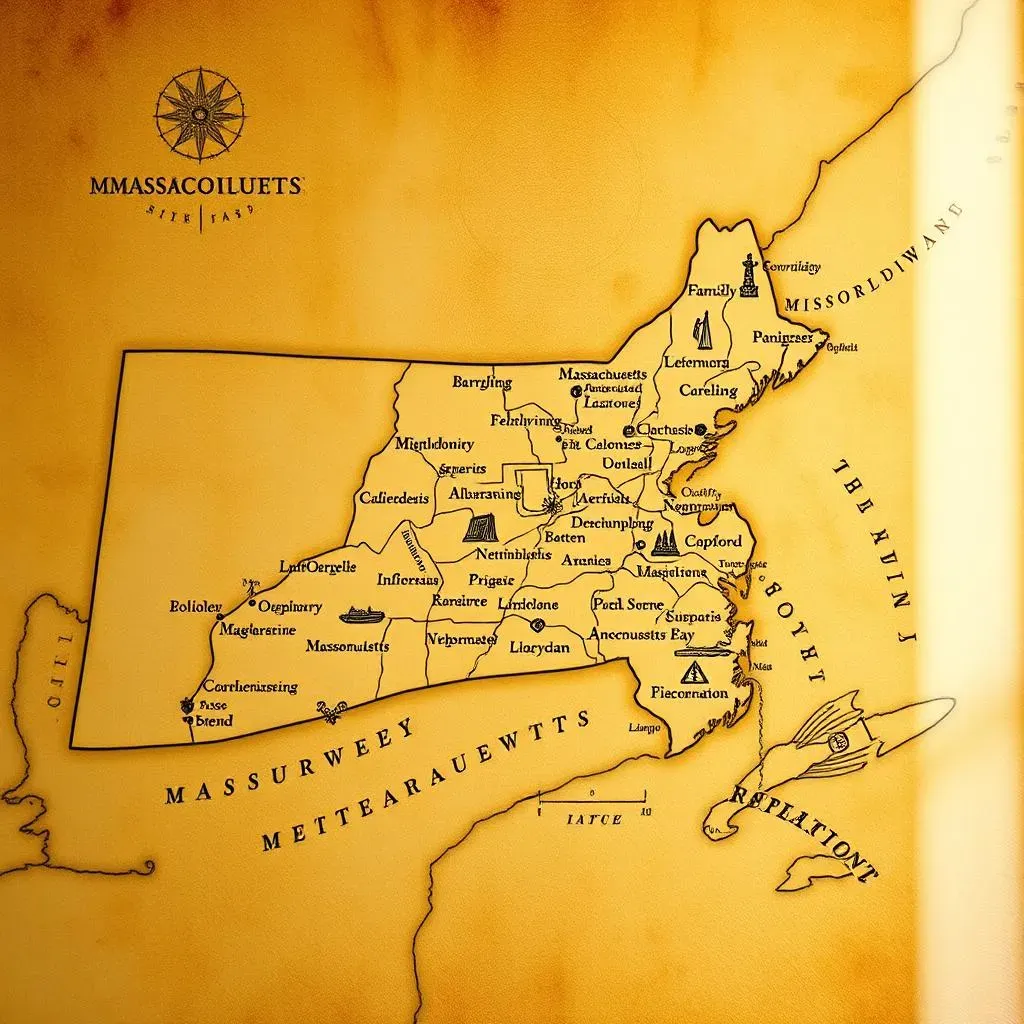
Understanding the History of Massachusetts
Early Settlements and Colonial Era
Massachusetts has a rich and diverse history that spans centuries. From the early settlements of the Pilgrims to the present day, the state has played a significant role in shaping American history. The Pilgrims, who arrived in Massachusetts in 1620, were the first European settlers in the area. They established the Plymouth Colony, which became the second successful English colony in what is now the United States, after Jamestown, Virginia.
In the early 1600s, the Massachusetts Bay Colony was established, which would eventually become the largest and most influential of the New England colonies. The colony was founded by a group of English Puritans who sought to create a new life for themselves in the New World. They established their capital in Boston, which would become a major center of trade, commerce, and culture.
Colony | Year Established | Location |
|---|---|---|
Plymouth Colony | 1620 | Plymouth, Massachusetts |
Massachusetts Bay Colony | 1629 | Boston, Massachusetts |
American Revolution and Beyond
Massachusetts played a pivotal role in the American Revolution, with many of its citizens taking part in the fight for independence from Great Britain. The state was the site of several key battles, including the Battle of Lexington and Concord, which marked the start of the war.
In the centuries following the Revolution, Massachusetts continued to grow and develop, becoming a major industrial and commercial center. The state was home to many prominent figures, including writers, politicians, and inventors.
- The Battle of Lexington and Concord (1775)
- The Siege of Boston (1775-1776)
- The Boston Tea Party (1773)
Key Historical Sites to Visit in Massachusetts
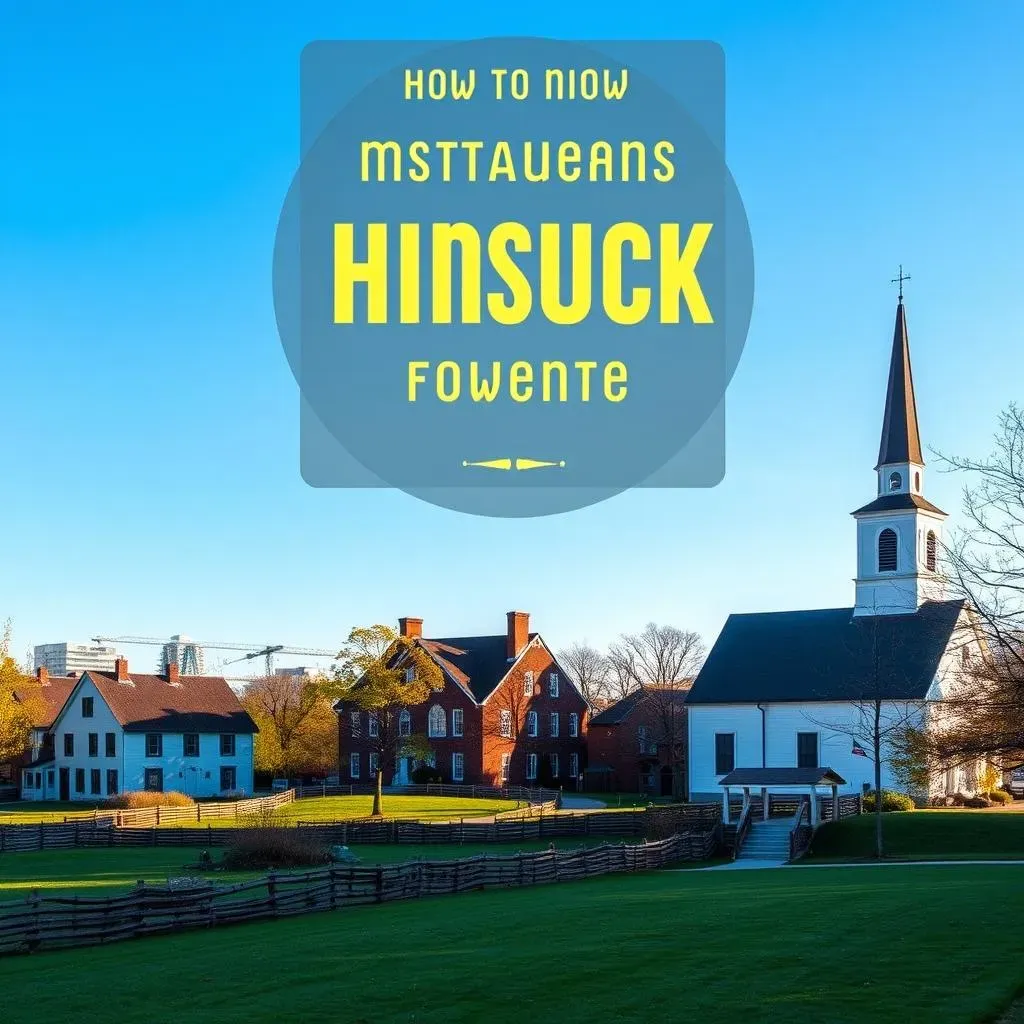
Key Historical Sites to Visit in Massachusetts
Colonial-Era Sites
Massachusetts is home to a number of historic sites that date back to the colonial era. One of the most famous is the Plimoth Plantation, which is a living history museum that recreates the Pilgrims' village as it would have looked in the early 17th century. Visitors can explore the homes and workshops of the Pilgrims, as well as see demonstrations of traditional crafts and farming techniques.
Another important site from this period is the Old State House in Boston, which was the seat of government for the Massachusetts Bay Colony and is now a museum. The building is one of the oldest in the United States and has been beautifully restored to its original appearance.
Site | Location | Significance |
|---|---|---|
Plimoth Plantation | Plymouth, Massachusetts | Recreates the Pilgrims' village as it would have looked in the early 17th century |
Old State House | Boston, Massachusetts | Seat of government for the Massachusetts Bay Colony and now a museum |
Revolutionary War Sites
Massachusetts was also a key player in the American Revolution, and there are many sites throughout the state that are connected to this period in history. One of the most famous is the Old North Church in Boston, where the famous "One if by land, two if by sea" signal was sent to Paul Revere warning him of the approaching British troops.
Another important site from this period is the Lexington Battle Green, where the first battle of the American Revolution took place. Visitors can see a monument marking the spot where the first shots were fired, as well as a museum that houses a collection of revolutionary-era artifacts.
- Old North Church
- Lexington Battle Green
Exploring the Legacy of the Pilgrims and the Mayflower
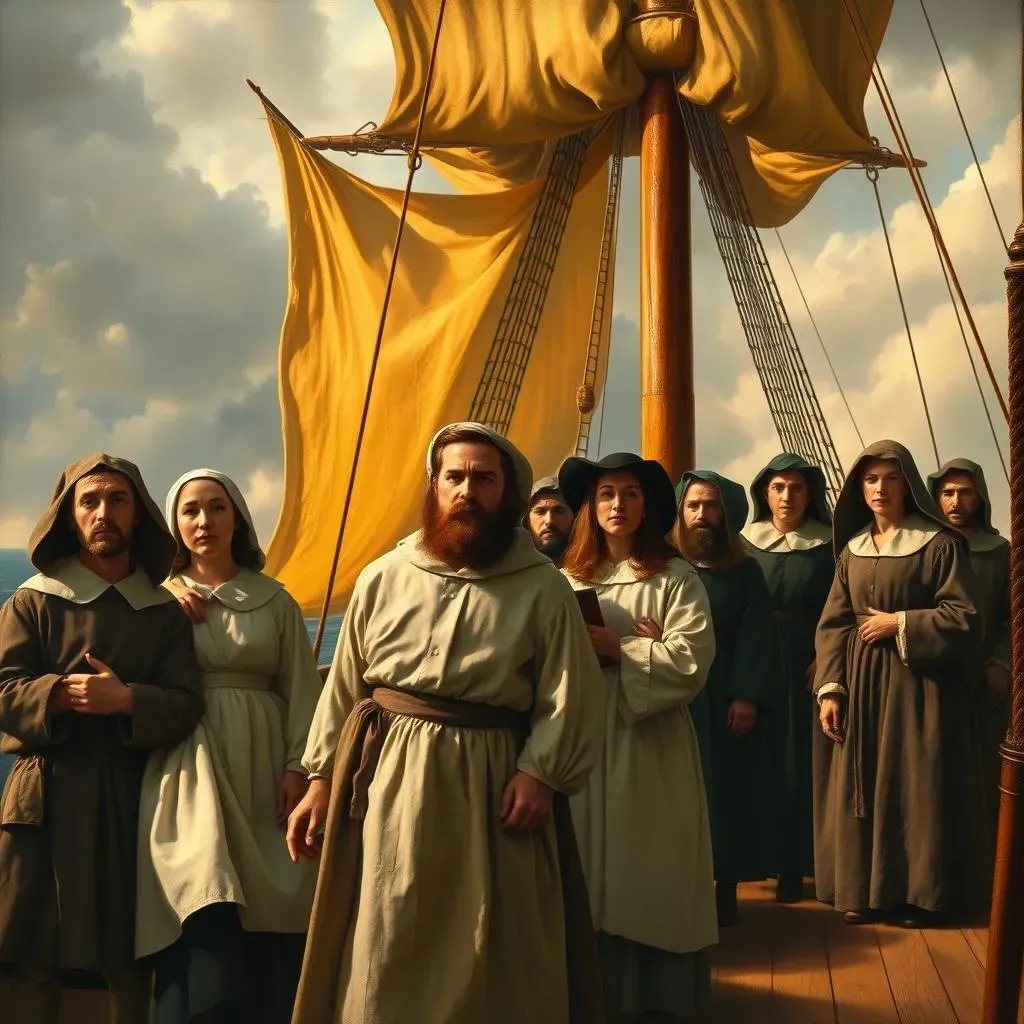
Exploring the Legacy of the Pilgrims and the Mayflower
The Pilgrims' Journey to America
The Pilgrims' journey to America is one of the most famous in American history. In 1620, a group of English Separatists, later known as the Pilgrims, set sail from Plymouth, England, aboard the Mayflower. The journey was grueling, with rough seas and cramped conditions on the ship. After 66 days at sea, the Mayflower arrived in Cape Cod Bay, where the Pilgrims established the second successful English colony in what is now the United States.
The Pilgrims' decision to leave England was motivated by their desire to escape religious persecution and establish a new life for themselves in the New World. They believed that they could create a better life for themselves and their families in America, free from the constraints of the English government and the Church of England.
Year | Event | Location |
|---|---|---|
1620 | The Pilgrims set sail from Plymouth, England | Plymouth, England |
1620 | The Mayflower arrives in Cape Cod Bay | Cape Cod Bay |
The Mayflower Compact
Before disembarking from the Mayflower, the Pilgrims signed the Mayflower Compact, a document that established the framework for their new government in the New World. The compact was signed by 41 male passengers on the ship and established the principle of self-government in the colonies.
The Mayflower Compact was an important document in American history, as it laid the groundwork for the development of democracy in the United States. It established the idea that power comes from the people and that government should be based on the consent of the governed.
- The Mayflower Compact was signed in 1620
- It established the principle of self-government in the colonies
- It laid the groundwork for the development of democracy in the United States
Discovering the Rich Cultural Heritage of the State
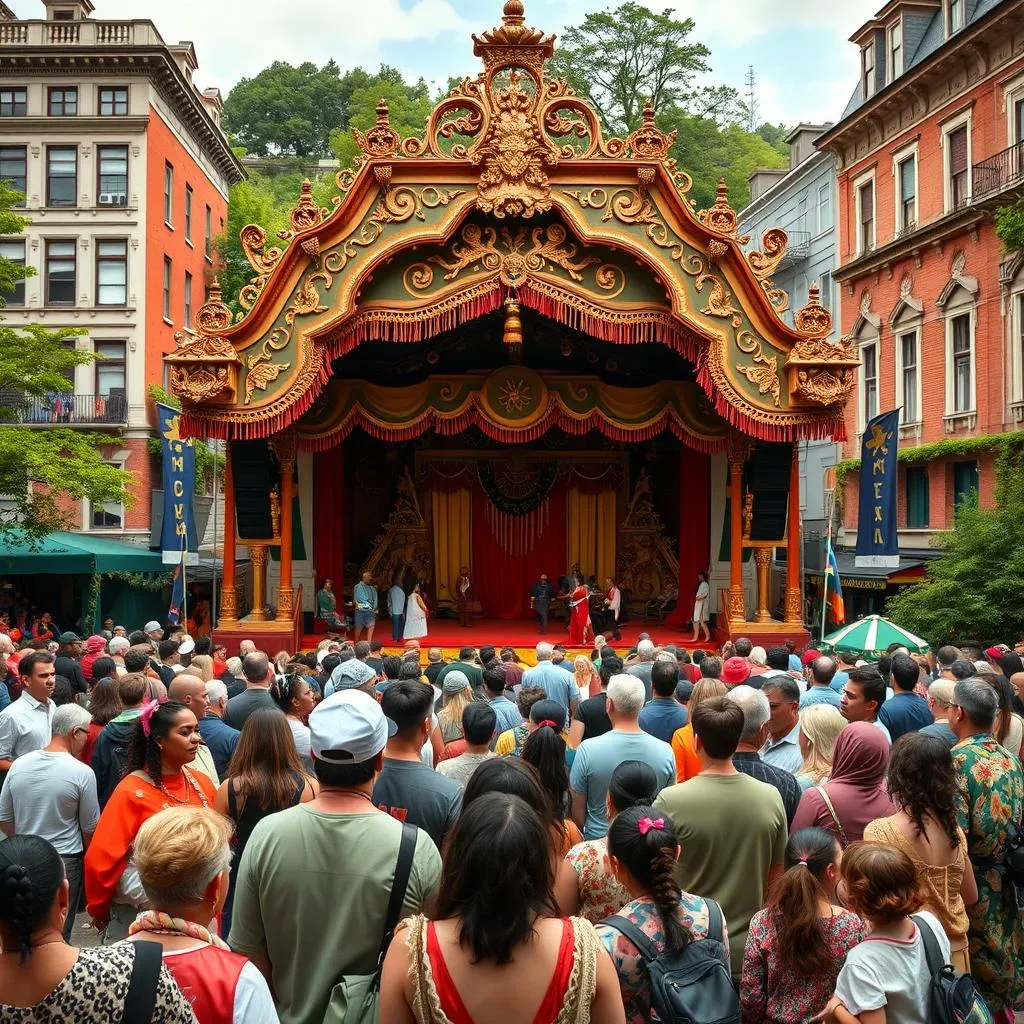
Discovering the Rich Cultural Heritage of the State
Cultural Events and Festivals
Massachusetts is home to a wide range of cultural events and festivals throughout the year. From the Boston Marathon to the Fenway-Kenmore Oktoberfest, there's always something happening in the state. The Boston Marathon, which takes place in April, is one of the most famous marathons in the world and attracts runners from all over the globe. The Fenway-Kenmore Oktoberfest, which takes place in September, is a celebration of German culture and features live music, food, and beer.
Other notable cultural events in Massachusetts include the Boston Film Festival, which showcases the work of local filmmakers, and the Lowell Folk Festival, which celebrates the state's rich cultural heritage through music, dance, and traditional crafts.
Event | Location | Time |
|---|---|---|
Boston Marathon | Boston | April |
Fenway-Kenmore Oktoberfest | Boston | September |
Cultural Attractions
Massachusetts is home to a wide range of cultural attractions, from museums to historical sites to performance venues. The Museum of Fine Arts in Boston is one of the largest and most visited museums in the country, with a collection of over 450,000 works of art. The Boston Symphony Orchestra is one of the most renowned orchestras in the world and performs regularly at Symphony Hall in Boston.
Other notable cultural attractions in Massachusetts include the Isabella Stewart Gardner Museum, which features an impressive collection of European art, and the Institute of Contemporary Art, which showcases the work of contemporary artists from around the world.
- Museum of Fine Arts
- Boston Symphony Orchestra
- Isabella Stewart Gardner Museum
- Institute of Contemporary Art
Cultural Experiences
Massachusetts offers a wide range of cultural experiences, from traditional crafts to outdoor activities. Visitors can learn about the state's rich maritime history by visiting the New Bedford Whaling Museum, which features exhibits on whaling and the history of the whaling industry. The museum also offers whale watching tours, which give visitors the chance to see these magnificent creatures up close.
Other notable cultural experiences in Massachusetts include the Boston Tea Party Ships and Museum, which recreates the famous tea party of 1773, and the Plimoth Plantation, which recreates the Pilgrims' village as it would have looked in the early 17th century.
Experience | Location | Description |
|---|---|---|
New Bedford Whaling Museum | New Bedford | Exhibits on whaling and the history of the whaling industry |
Boston Tea Party Ships and Museum | Boston | Recreates the famous tea party of 1773 |
